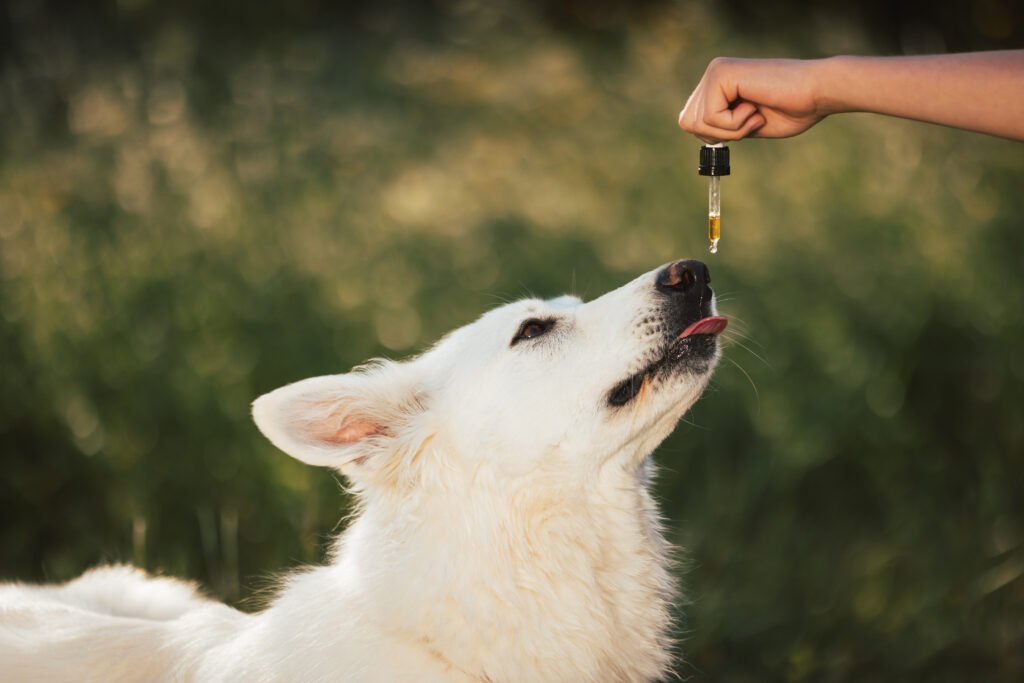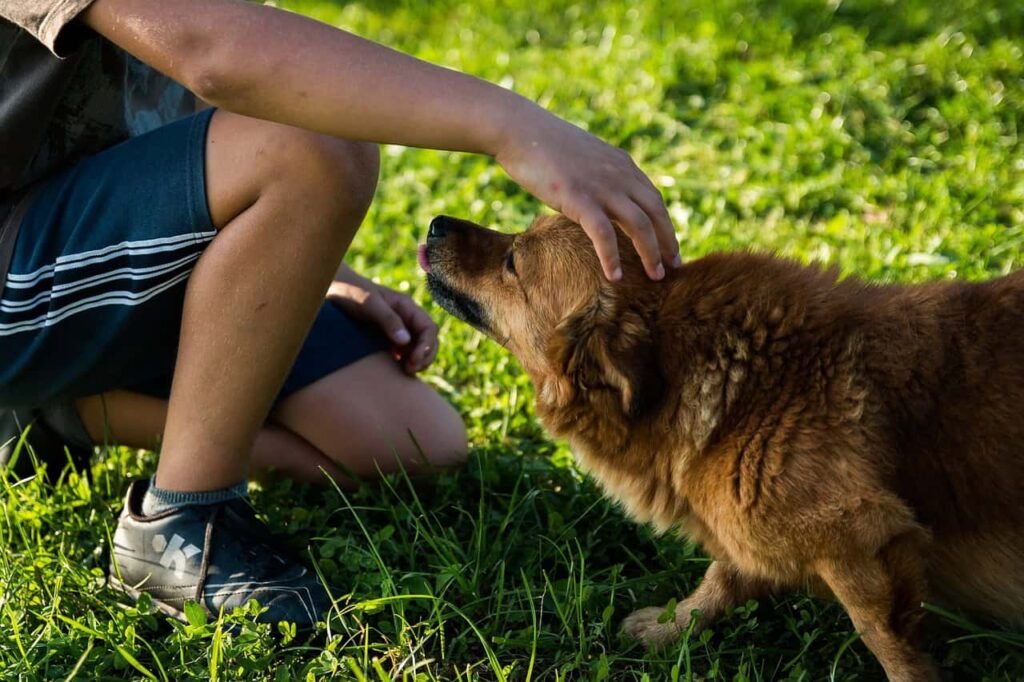Dog anxiety is a common issue that affects many dogs at different stages of their lives. While occasional anxiety is normal, persistent anxiety can affect a dog’s quality of life. It may manifest through behaviors such as excessive barking, destructive activities, or even aggression. Understanding the root causes of anxiety is the first step in addressing the problem effectively.
Common Causes of Dog Anxiety

Dog anxiety can be triggered by various factors, including separation from their owner, loud noises (like thunderstorms or fireworks), unfamiliar surroundings, or traumatic experiences. Each dog may have unique triggers, and identifying these is crucial for providing appropriate remedies.
Signs and Symptoms to Look Out For

Recognizing the symptoms of dog anxiety can help in diagnosing and treating it. Symptoms include restlessness, excessive licking or panting, hiding, shaking, or loss of appetite. Increased aggression or clinginess are also common signs and should be taken seriously.
The Importance of Natural Remedies

Natural remedies for dog anxiety are becoming increasingly popular as pet owners look for holistic and non-invasive ways to calm their pets. These methods often involve fewer side effects compared to prescription medications, making them a safer alternative for long-term use.
1. Aromatherapy and Essential Oils

Aromatherapy can be a soothing and effective way to calm an anxious dog. Essential oils, such as lavender, chamomile, and frankincense, are known for their calming effects. Just a few drops in a diffuser can create a relaxing environment for your pet. It’s important to use only pet-safe oils and consult with a vet before starting therapy.
2. Calming Music and Sounds

Music therapy can be incredibly beneficial for reducing anxiety in dogs. Playing calming music or nature sounds can distract and help comfort anxious dogs during stressful situations. There are even playlists specifically designed for pets that you can easily access on various streaming platforms.
3. Herbal Supplements

Herbal supplements such as Valerian root, chamomile, and St. John’s wort can help in reducing anxiety in dogs. These herbs have been used for centuries to alleviate anxiety and stress in humans and can be effective for pets as well. As with essential oils, consult with a veterinarian before using any herbal supplements to ensure safety and proper dosage.
4. Massage and Physical Touch

Physical touch and massage can significantly reduce stress and anxiety for dogs, just as it does in humans. Gentle massage, petting, and cuddling release endorphins that help calm an anxious pet. Learning a few basic massage techniques can make a big difference in your dog’s anxiety levels.
5. Dietary Considerations

A dog’s diet can also impact anxiety levels. Ensuring your dog receives a balanced diet rich in nutrients like Omega-3 fatty acids can enhance their mood and general behavior. Omega-3 supplements, found in fish oil, can promote brain health and potentially reduce anxiety.
6. Exercise and Activity

Regular exercise is one of the best natural ways to reduce anxiety in dogs. Physical activity helps to release pent-up energy and produces endorphins, which are natural mood lifters. Depending on the breed and age of your dog, aim to provide at least 30 minutes to an hour of exercise daily.
7. Creating a Safe Environment

Creating a secure and familiar space for your dog can greatly impact their anxiety levels. A cozy bed, toys, and their favorite blanket can provide comfort and security. Additionally, a quiet, designated area in the house where they can retreat during stressful situations can be particularly beneficial.
Tailored Approaches for Every Dog

While there are numerous natural remedies available for tackling dog anxiety, it’s important to remember that every dog is different. What works for one may not necessarily work for another. It may take a combination of therapies and some trial and error to determine the best approach for your pet. Consulting a veterinarian for guidance can help tailor solutions to your dog’s specific needs, ensuring the best chances for improving your pet’s anxiety and overall well-being.
Lea Haupert
Wednesday 26th of November 2025
Nice blog.
what are backlinks for seo
Sunday 2nd of November 2025
As I site possessor I believe the content matter here is rattling magnificent , appreciate it for your hard work. You should keep it up forever! Best of luck.